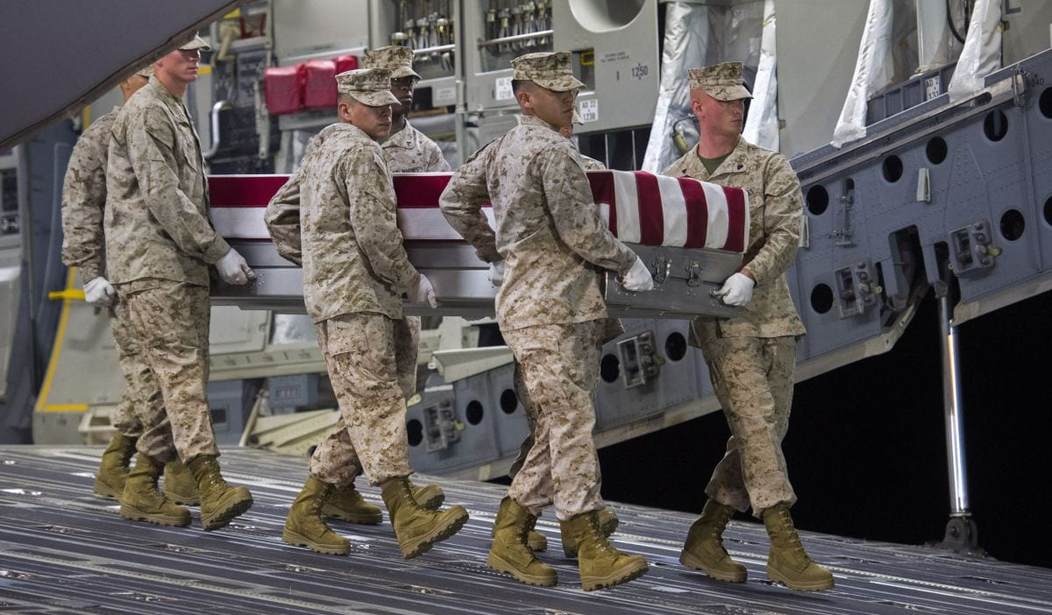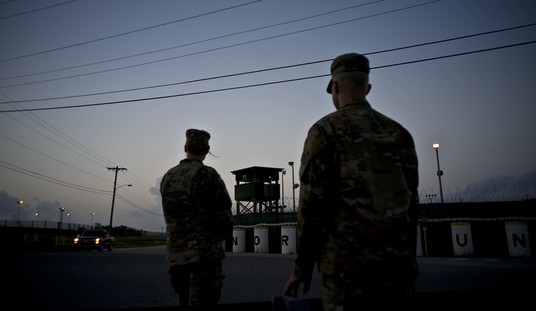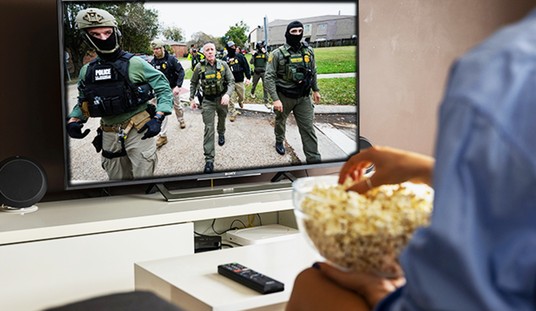Helmand Province in Afghanistan, the scene of some of the fiercest fighting during the war, will be the destination of several hundred Marines who will be deployed there in the spring to help the Afghan government retake the province from the Taliban.
Helmand is the home province of the Taliban. It is there that their support among the population is the strongest. As recently as 2011, the Afghan government maintained control over the area. But once Obama pulled out, Afghan soldiers and police were unable to keep what the Marines shed so much blood winning.
The deployment will be dangerous, said Marine Corps Brig. Gen. Roger B. Turner Jr.
“We’re viewing this as a high-risk mission that really requires training that is going to ensure that our Marines are capable of countering a full-spectrum threat,” said Marine Corps Brig. Gen. Roger B. Turner Jr., according to The Washington Post. “We’re not in any way viewing this as a non-combat mission or anything to take lightly.”
The deployment comes at a time when the Taliban controls more territory than any time since the U.S. invasion in 2001. Retaking Helmand province has been the greatest success of the Taliban, as that area of Afghanistan was home to thousands of U.S. troops as recently as 2010-2011.
But Obama pulled Marines home in October 2014, leaving Afghan forces to fend for themselves, who have since failed tremendously to fight off the Taliban.
The Taliban now controls about 85 percent of Helmand.
According to Turner Jr., the Marines heading to Helmand are seasoned fighters, 150 of whom have already fought in the provence. Most of the Marines hail from the 6th Marine Regiment at Camp Lejeune, North Carolina.
This time, they’ll closely advise officials from the Afghan army and police force. It’s unclear whether the Marines will accompany Afghan forces during missions.
“We had to pull very senior Marines in all functional areas to match up with their counterparts and really provide a level of expertise,” Turner said. “Because, the Afghans have made some good progress on a lot of these areas. . . . It’s not a simplistic mission. They’ve really gotten to a point where our level of advising needs to be pretty sophisticated to match where their capabilities are.”
Marine Corps Lt. Gen. William D. Beydler, commander of Marine Forces Central Command, confirmed that multiple deployments to the region are likely in the Marine Corps’ future.
“We will do this mission as long as we are required,” Beydler said. “We are preparing for that now.”
All soldiers hate having to fight over ground they already paid for in blood. Marines, in particular, are loath to refight a battle after being victorious. It was a hard slog dislodging the Taliban from Helmand, but now that the Afghan army has given most of it back, the Marines will be forced into action once again.
The Taliban has been steadily gaining ground since President Obama prematurely withdrew U.S. combat forces. In fact, on the 15th anniversary of the start of the war, the Times of India reports that the Taliban controls more territory now than they did when the war started in 2001:
Analysts, including US officials, agree that the resurgent Taliban now control more territory and population than it did in 2001. About a third of Afghanistan is controlled by Taliban, according to various US government reports, and analysis by pro-West security experts like Stratfor and the Long War Journal.
The Afghan government is paralyzed by political strife, which has hindered their efforts to pacify the country. Meanwhile, the population may hate the Taliban, but many figure anything would be better than what they have now.
The resurgence of the Taliban in Afghanistan and the growth of ISIS in Iraq are a direct result of President Obama’s precipitous and cowardly withdrawal from two wars that America and its allies were winning. Any American blood spilled in Iraq and Afghanistan from here on out is due to the stupidity and naivete of a president who felt it more important to play politics with the war than actually help America emerge victorious.










Join the conversation as a VIP Member